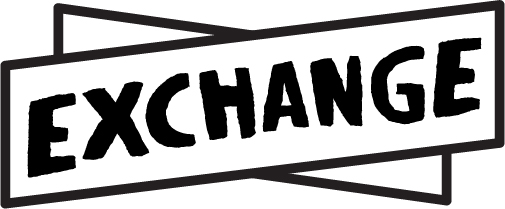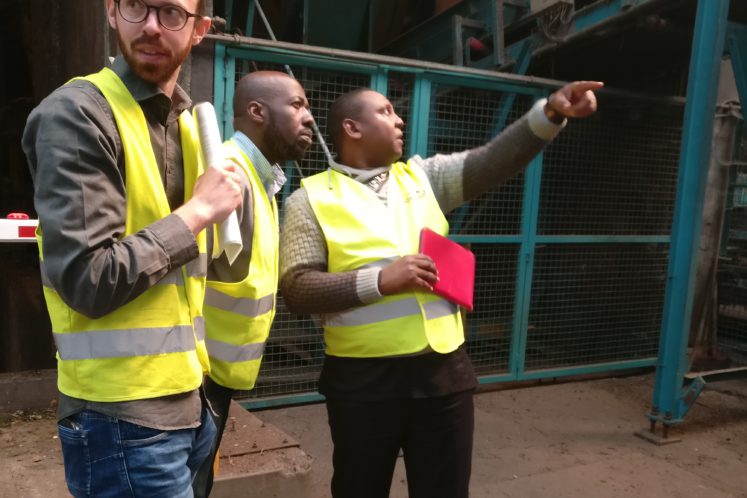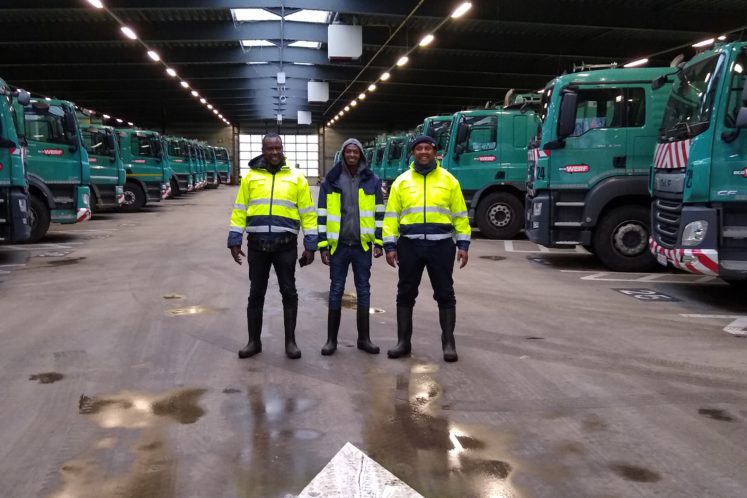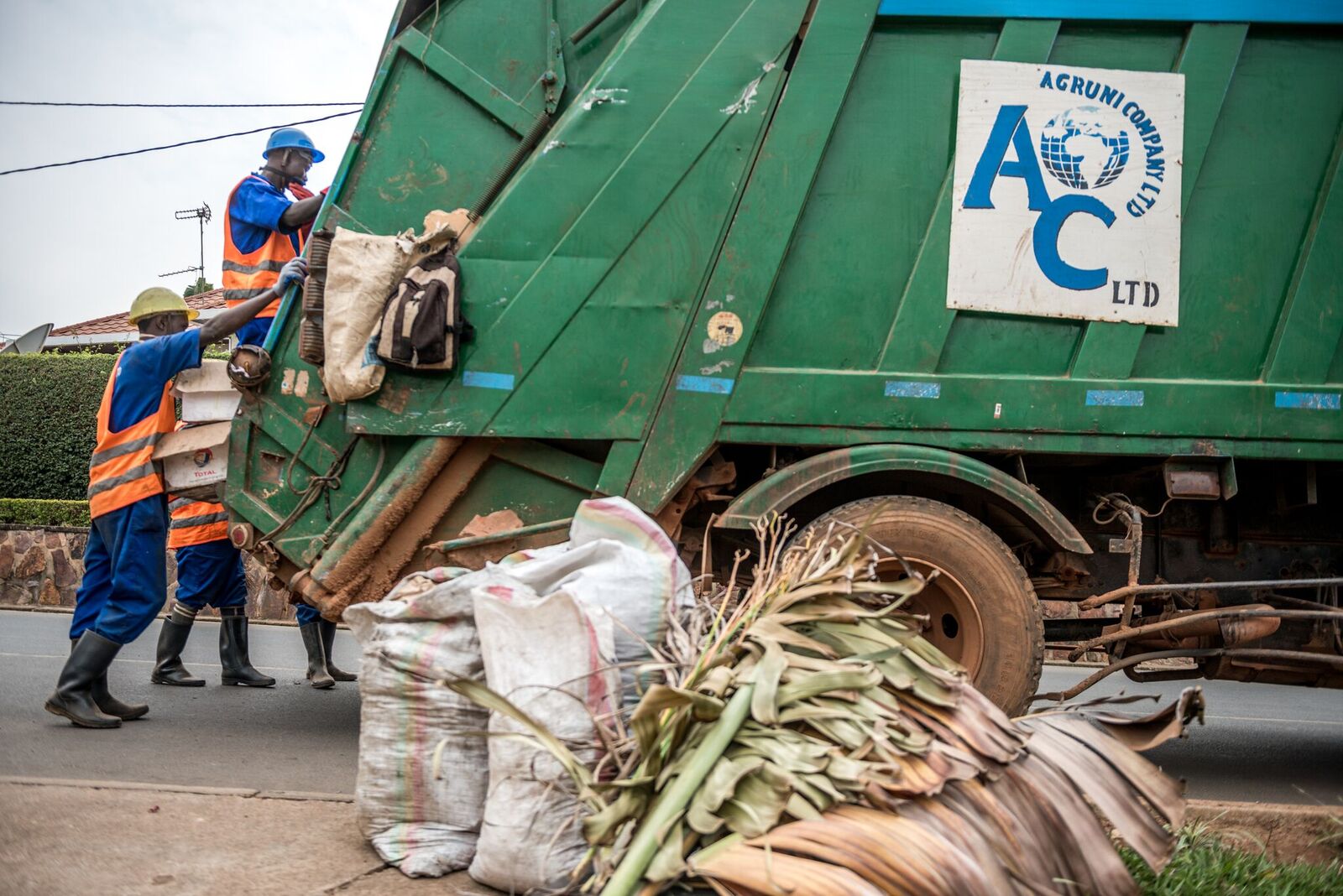
What’s garbage for one is energy for another
Agruni
The secret behind the clean streets of Kigali
Anyone who visits the Rwandan capital Kigali will be hard-pressed not to notice their immaculate streets. Through public tenders, the government selects private companies to ensure the cleanliness of the city. They pick up, collect and process industrial, domestic and street garbage throughout the city. Agruni is one such company, beginning their work in 2002. And today, Agruni is picking up at least three-quarters of the domestic and industrial garbage in Kigali.
Waste gives agriculture an extra boost!
But it doesn't stop there. Agruni's main ambition is to focus on what happens after waste collection. Part of the non-organic waste is already being recovered and reused, but 80% of the waste collected is of an organic nature and nothing is being done with it at the moment. Agruni's future lies in valorising this organic waste. And what can a country where 90% of the population depend on agriculture make good use of? Correct: compost!
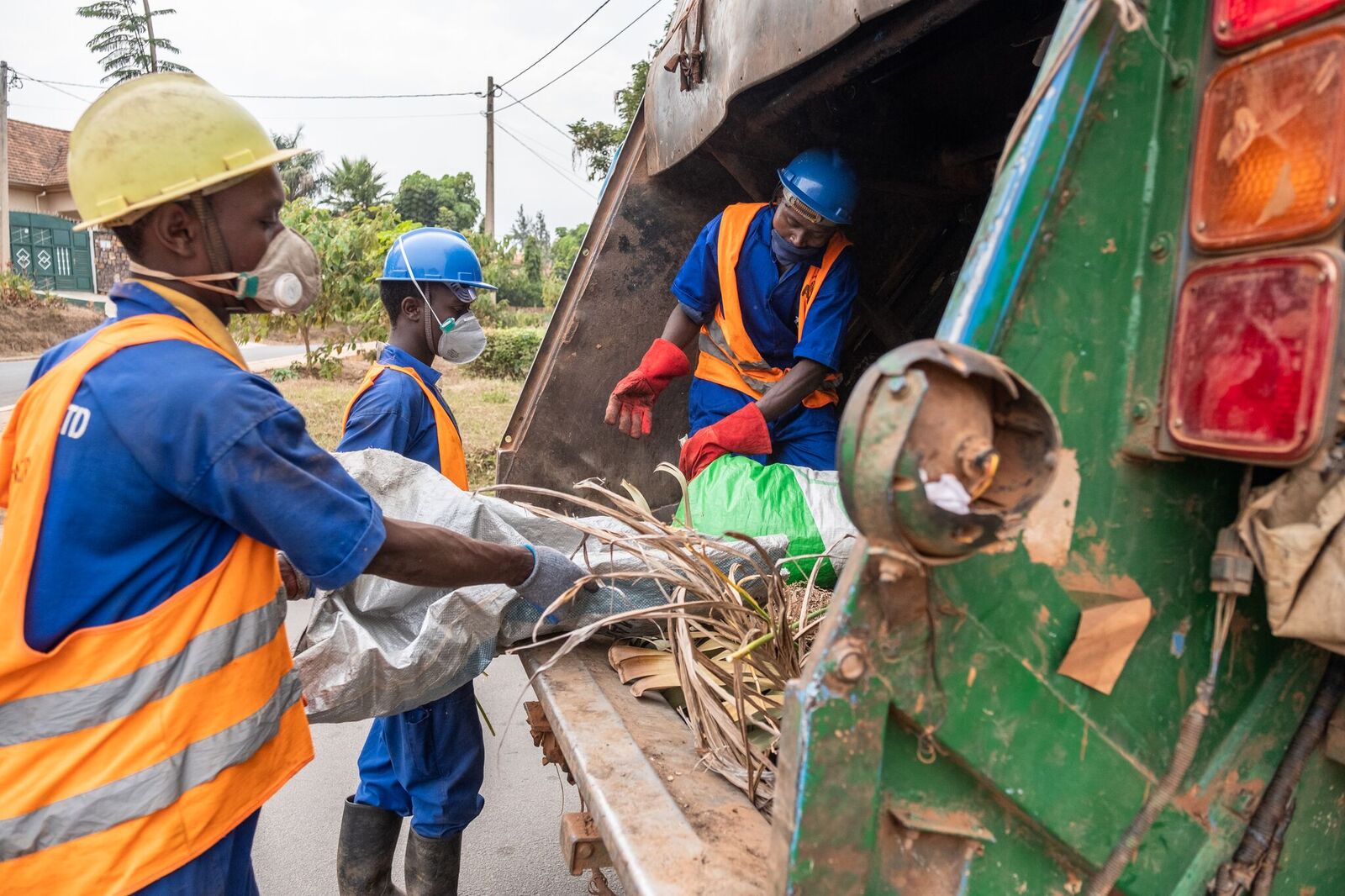
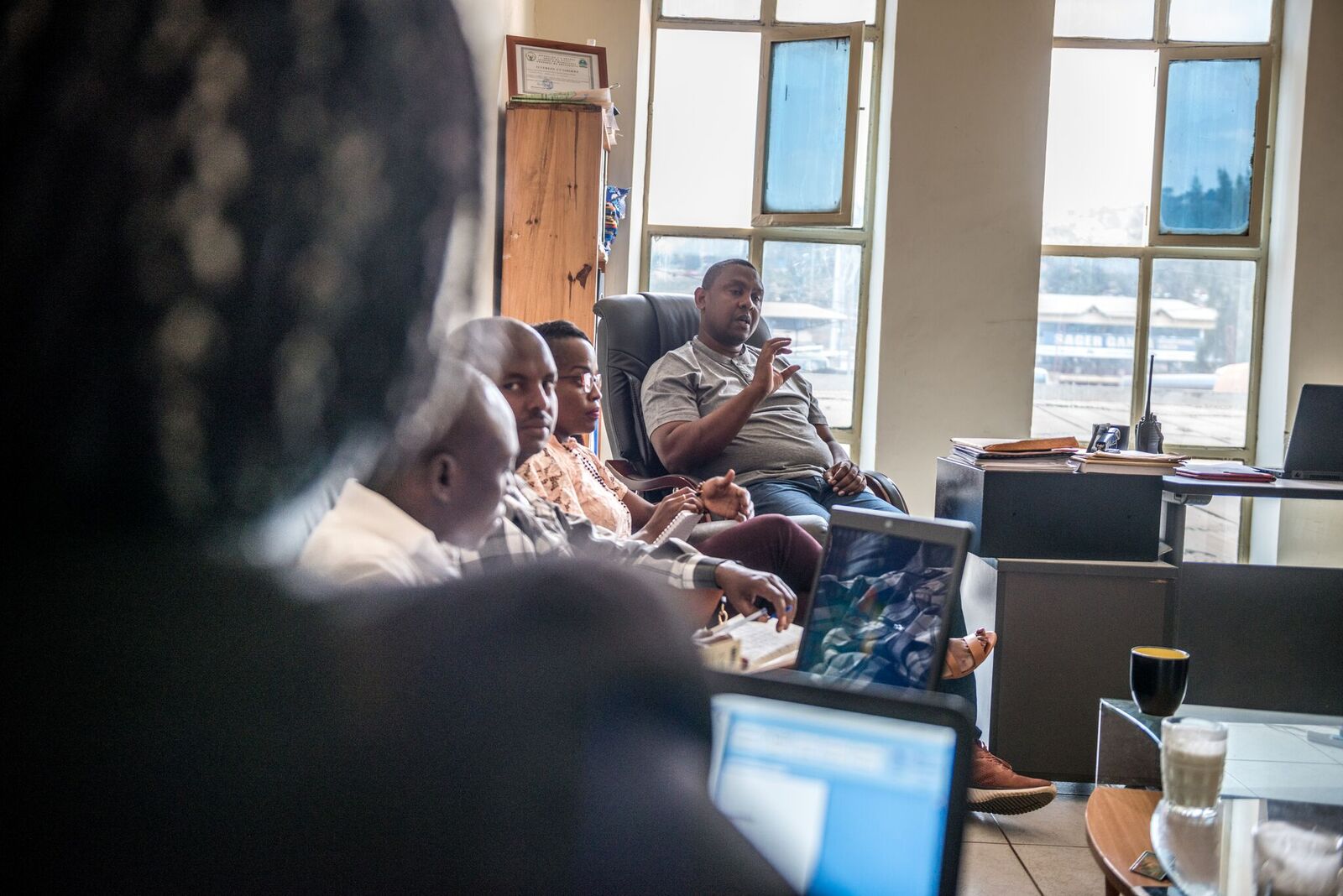
Expertise from the pioneering region Flanders
At Agruni, waste sorting is currently still done by hand on the Nduba dump site. Of course, the organic waste is already 'contaminated' by non-organic waste, making it difficult to make a solid compost from it. It has been proven that compost, provided the correct composition, increases the harvest significantly.
In this growth programme, Exchange will therefore mainly focus on the realization of usable compost on the basis of the collected organic waste. And let that be just one of the areas of expertise in which Flanders plays a pioneering role.
For example, we find a great deal of knowledge at the inter-municipal environmental company Ecowerf in East Brabant. For many years, Ecowerf has been responsible for waste prevention, waste collection and waste processing in 27 municipalities and cities. The company has also achieved a great deal in the domain of composting. Therefore, Exchange Coach Wouter Janssens, from Ecowerf, is extremely well placed to take on this role.
To further optimize the entire chain of operations, Exchange is also working with Agruni to see how current waste collection and transport can be organized even more efficiently.
Agruni and social innovation
Agruni is highly noted for its modern HRM policy and social commitments. Outside of the fact that half of the 1,800 employees are female, the company works with a savings fund. Vulnerable and sick employees are still guaranteed incomes. Plus, it offers a micro-financing formula to its own personnel. As a result, they can access loans that are more beneficial than those available through traditional channels. Agruni also supports a range of social projects every year, helping it to be recognised as an eminently sustainable company.
The growth programme with Agruni has great potential: Mr Jean-Paul Shiraniro is a born entrepreneur with plenty of daring. Together with Exchange and Ecowerf, Agruni can ensure that Rwanda can further build on its image as a clean country. The great dream of recycling and valorizing all the collected waste remains. And where there’s a will (and a dream), there’s a way!
The ambition of the company is far-reaching: Ecowerf wants to be the absolute trendsetter in the field of waste management in Flanders. Limiting the environmental impact of their activities is more important than making a profit.
